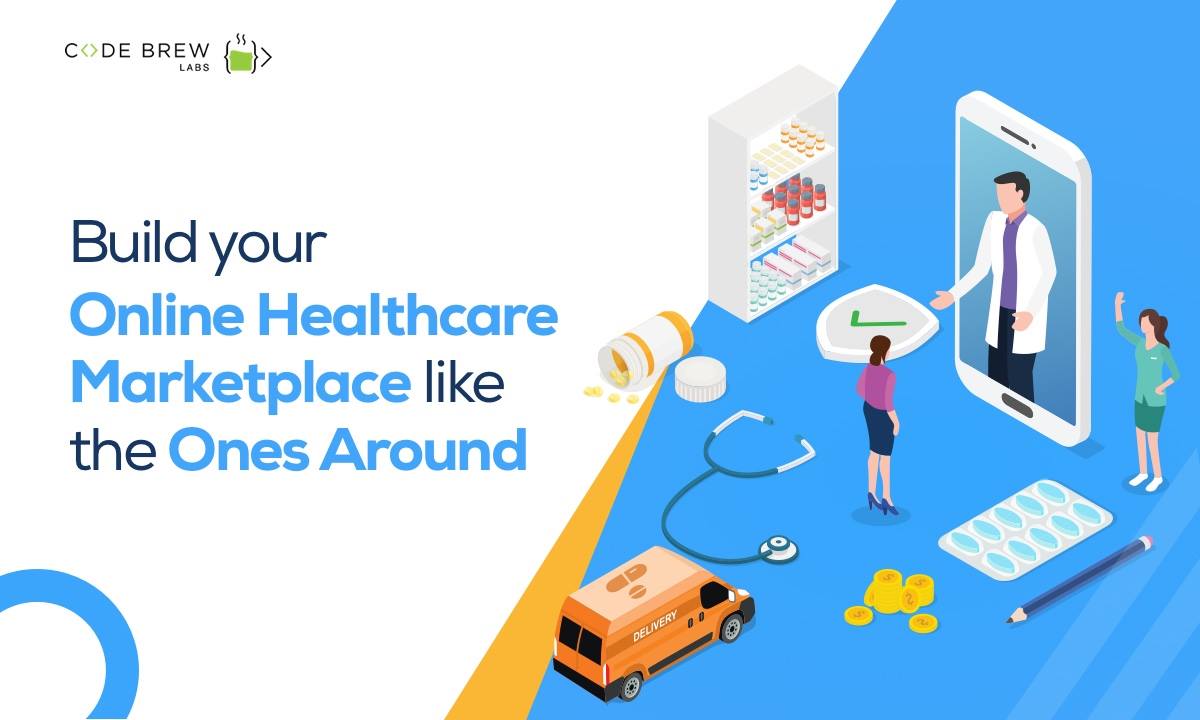Subscription Based Healthcare: Transforming the Means We Consider Health
Subscription Based Healthcare: Transforming the Means We Consider Health
Blog Article
The Increase of Subscription-Based Medical Care and Its Influence On Individual Treatment
As health care advances, the subscription-based version is gaining traction, promising to transform person care by offering predictability and ease of access. These models, which bypass typical insurance coverage, might redefine the patient-doctor dynamic, stressing preventative and customized treatment. Yet, as with any development, they provide difficulties, particularly concerning equitable access for all socioeconomic groups. The potential for these versions to improve medical care shipment raises pressing inquiries concerning their long-lasting sustainability and inclusivity. Are these membership services the future of medical care, or do they take the chance of leaving at risk populaces behind? The complexities of this shift warrant a more detailed examination.
Understanding Membership Healthcare Designs
Grasping the idea of subscription health care models includes examining a transformative technique to medical services that stresses affordability and availability. These models, often referred to as straight primary care (DPC) or attendant medication, have become innovative options to typical fee-for-service healthcare systems. Membership health care permits clients to pay a set monthly or annual fee for a specified set of medical solutions, which might consist of limitless workplace gos to, routine exams, and standard lab tests, without the requirement for standard insurance invoicing.
The framework of membership health care versions is made to streamline client care by getting rid of third-party payers and complicated payment codes, therefore decreasing administrative concerns. Doctor can concentrate more on patient care, cultivating more powerful patient-provider partnerships. This version additionally advertises preventative treatment by urging regular gos to, as the financial challenge of per-visit costs is gotten rid of.
The registration design commonly empowers doctor to handle smaller client panels, enabling more personalized care. It straightens monetary rewards with patient health end results, as carriers are encouraged to preserve patient satisfaction and health. Overall, recognizing registration health care designs requires recognizing their possible to improve exactly how care is delivered and accessed.
Benefits for Service Providers and clients

For providers, subscription-based models offer the opportunity to deepen patient-provider connections. With a stable income stream, health care experts can devote more time to each patient, leading to a more complete and individualized care experience. This model likewise minimizes reliance on high patient quantities, alleviating fatigue and boosting task fulfillment. The emphasis on precautionary treatment within membership strategies can lead to far better client results and minimized long-lasting medical care expenses. By focusing on constant care, providers can resolve concerns before they rise, eventually profiting the health care system as a whole by lowering the problem on emergency and severe care services.
Difficulties and Problems
While subscription-based medical care models present numerous benefits, they likewise feature a set of obstacles and concerns that should be resolved. Access remains a significant issue, as these models typically target people that can pay for regular monthly charges, potentially leaving out low-income populaces. This elevates moral inquiries concerning fair accessibility to medical care solutions. In addition, the diverse nature of registration strategies can cause complication among clients concerning coverage specifics, possibly causing unmet assumptions or insufficient care.
Financial sustainability of subscription-based versions is one more concern. Suppliers should balance the set earnings from subscriptions with the variable prices of medical care services, which might change because of unforeseen clinical requirements. This can create stress to limit solutions or increase costs, potentially impacting person fulfillment and care quality.
In addition, regulatory oversight of subscription-based health care designs is still advancing. Addressing these difficulties is vital for the fair and effective implementation of subscription-based healthcare.
Impact on Patient-Doctor Relationships
One considerable influence of subscription-based health care models on patient-doctor connections is the capacity for enhanced continuity and individualized treatment. By adopting a membership model, physicians can manage a smaller patient panel, enabling more committed time with each person. This raised accessibility promotes a deeper understanding of a patient's clinical background, way of life, and preferences, making it possible for extra customized treatment plans and treatments.

Nevertheless, it is essential to recognize that while subscription-based versions may profit those who can afford them, they can unintentionally widen medical care variations. Patients that are unable to get involved in these designs could experience lower access to personalized treatment, potentially affecting their relationships with doctor. Thus, while the registration model uses browse around this web-site promising benefits for patient-doctor relationships, it likewise poses difficulties that require to be dealt with to make certain equitable health care access.
Future of Health Care Accessibility

The duty of technology can not be overlooked in this change. Telemedicine platforms and electronic health and wellness records assist in seamless communication in between clients and health care companies, damaging down geographical and logistical barriers. Additionally, developments in expert system and data analytics can further personalize clinical treatment by anticipating individual needs and optimizing therapy strategies.
Nevertheless, the future of health care access also offers difficulties, such as making certain equity across different socio-economic groups. Policymakers and doctor need to work together to bridge the electronic divide, making sure that subscription-based models remain comprehensive and inexpensive. As these systems develop, they hold the guarantee of making healthcare extra obtainable, effective, and patient-centric.
Verdict
Subscription-based health care versions are reshaping person care by giving a steady price structure and boosting ease of access. These versions enhance patient-provider partnerships through personalized care and normal check outs, highlighting preventative health. Despite these advantages, obstacles such as ease of access concerns for low-income populations and the need for equitable health care remedies persist. The increase of subscription-based health care urges aggressive patient interaction, which this page has the prospective to boost person outcomes and fulfillment, signifying a transformative change in medical care distribution.
As medical care advances, the subscription-based version is getting grip, guaranteeing to change person treatment by supplying predictability and availability.Subscription-based health care designs provide distinct advantages for both clients and providers, improving the overall healthcare experience.As medical care systems evolve, the future of healthcare accessibility often hinges on the assimilation of ingenious models and modern technologies.Subscription-based health care models are improving individual care by giving a steady price structure and enhancing access. The increase of subscription-based healthcare urges proactive person interaction, which has the potential to enhance patient results and complete satisfaction, signaling a transformative shift in medical care shipment.
Report this page